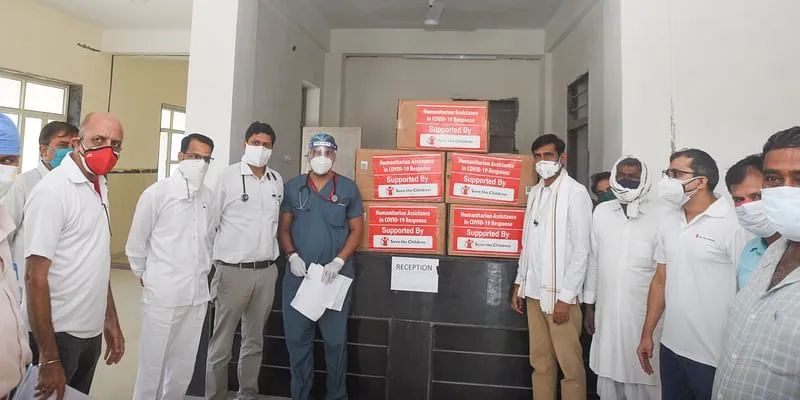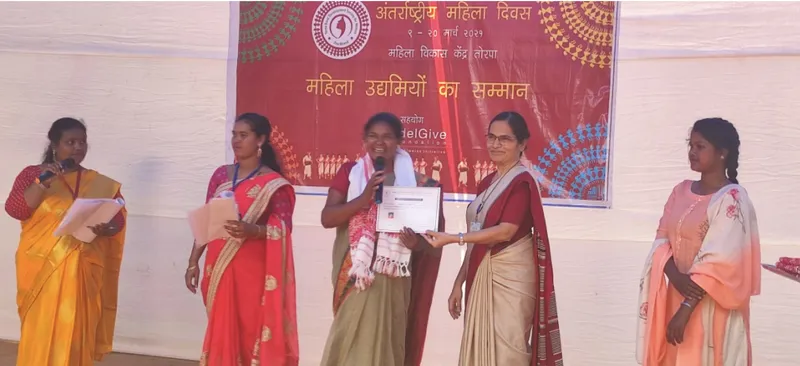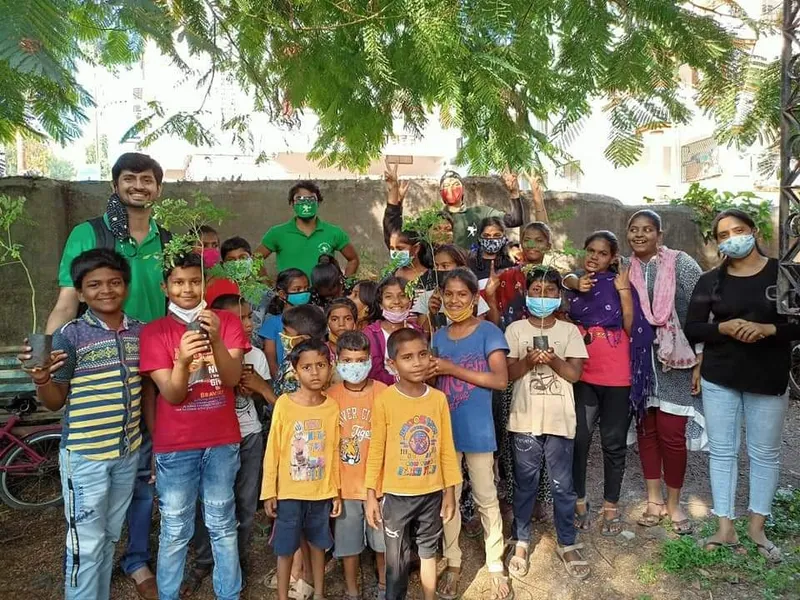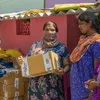From celebrating International Yoga Day to ‘bee’ing sustainable change, the top Social Stories of the week
This week, SocialStory celebrated International Yoga Day on June 21 and focused on how this age-old practice can help improve physical and mental health. We also spotlighted other heartwarming and interesting stories.
Yoga is much more than bending and stretching. India's gift to the world focuses on caring for your body, mind, and breath. This week, SocialStory celebrated International Yoga Day on June 21 and focused on how this age-old practice can help improve physical and mental health.
We also spotlighted some other heartwarming and interesting stories.
Puttuswamy Nayaka from Kolegala, Karnataka, is making sure that his children do not get into bonded labour like he did. Save the Children, India, donned the role of a COVID hero to aid the wellness, health, and education of about 15 lakh children. And, Devendra Jani from Pune is creating awareness about bee conservation and its importance in ensuring sustainability.
Here are the top stories for the week:
International Yoga Day: Practice yoga at home for mental and physical balance during COVID-19

Image source: unsplash
The pandemic has taken a toll not only on our physical health but also on our mental wellbeing. Recognising the vast range of health benefits of yoga, this year’s commemoration of the International Yoga Day focuses on ‘yoga for wellbeing’.
Yoga is a form of exercise that uses our own strength rather than expensive equipment and can hence be practiced within the four walls of our homes. These are the many benefits of yoga and how it promotes the holistic health of every individual.
However, before starting on any exercise regimen, no matter how simple it looks, seek the advice of your doctor, especially if you have underlying health issues.
On International Yoga Day, SocialStory shared why yoga needs to be a part of your daily exercise routine. It’s good for your mental health and physical well-being.
I am educating my children so they don't become bonded labourers

I am Puttaswamy Nayaka. I grew up in Kolegala in Karnataka in a very poor Schedule Tribe family. We barely had enough money to make ends meet. I was first sent into bonded labour at the age of 12 in 1995. My father had taken a loan of Rs 15,000 from a man to pay for my sister’s marriage. In exchange, I had to go work in his house to repay the loan.
I would wake up at 5 am and have to tend to the cows. This meant I had to clean all the dung from the shed after tying them outside. I then had to go and get the fodder for them. I would eat a small breakfast and have to spend the whole day in the fields grazing them. I worked there for three years at a rate of Rs 5,000 a year.
Read on to know Puttuswamy’s story.
How this NGO ensured health, wellness, and education for over 15 lakh children amid the pandemic

Oxygen concentrators donated by Save the Children, India
With no access to schools and education, children are faced with severe problems like child labour and child marriage, the latter being a common feat among girls. This is why child education until the age of 18 is very important.
Save the Children, India, is an independent child rights NGO that works in 14 states. Beginning its journey in 2008 in India, it claims to have impacted the lives of more than 11 million (1.1 crore) children. The international factions of the NGO work in over 120 countries.
Amid the pandemic, they have been trying hard to provide children with the much-needed nutrition and with educational opportunities in some small ways. They have also been aiding their families that have been equally impacted by the pandemic.
This 'Mask Didi' from Jharkhand is helping women in her village gain financial independence

Jublina Kandulna (centre) ot Mask Didi as she is known being felicitated for empowering rural women on International Women's Day
Jublina Kandulna started a small tailoring business to supplement the money her family earned from their land to help make ends meet. Soon, her tailoring micro-business was the main income generator for the family of six, comprising Jublina, her husband, their two children, and her in-laws.
“Things were going very well until the COVID-19 outbreak, and the orders started drying up. It was a very hard time during the lockdown. I had to shut down my business completely,” she says.
After realising that masks were the need of the hour, Jublina started stitching masks from the leftover material from the clothes she used to make. Soon, her husband started helping her, and they are now selling masks across 30 villages from Dimbukel to Baghiya.
This IIM Calcutta alumnus is ‘bee’ing the change for a sustainable future

Devendra and the the students for the 'Tree Friend' initiative
Inclined towards growing plants and maintaining a small garden, one of the major issues that concerned Devendra Jani as a child was the excessive use of pesticides and poisonous chemicals in farming.
So, many years later, he tried growing plants at his home and was getting a sufficient supply of chilly, moong dal, ginger, spinach, tulsi, and mint, but not tomatoes.
“While experimenting with this self-sustenance, I realised the tomato plants were suffering from a flower-dropping syndrome, where the flower was not converting into a fruit. A quick online search made me realise that bumble bees are the best pollinators for tomato plants, and they were not flying high to the fifth floor of my apartment,” Devendra Jani told SocialStory, saying that was his introduction to bees.
He then started ‘Bee – The Lead’ in 2015, to create awareness about bee conservation and impart knowledge of bee pollination and farming to farmers in Pune.



![[Survivor Series] I was addicted to chewing tobacco for 35 years but am helping others quit the habit now](https://images.yourstory.com/cs/5/f5a7f3304b1211e9b6645b8ae897d03e/Survivor-series1-1616398409366.png?fm=png&auto=format&h=100&w=100&crop=entropy&fit=crop)
![[COVID Warriors] This NGO is caring for children who lost their parents to COVID-19](https://images.yourstory.com/cs/5/98c65090592f11ea9f62339ce853ca75/Imagewkiq-1622653296824.jpg?fm=png&auto=format&h=100&w=100&crop=entropy&fit=crop)





